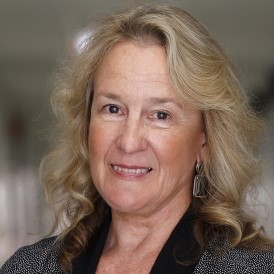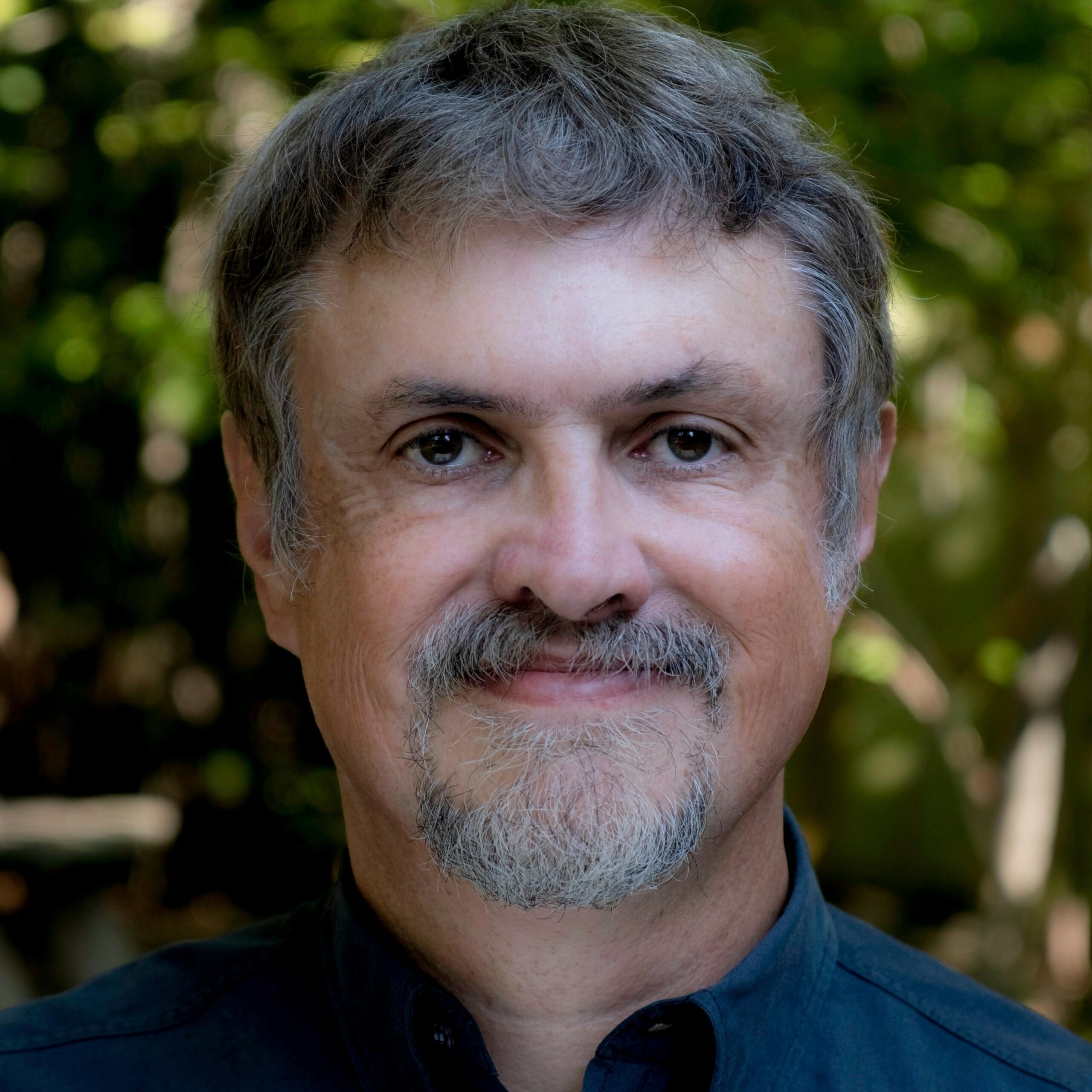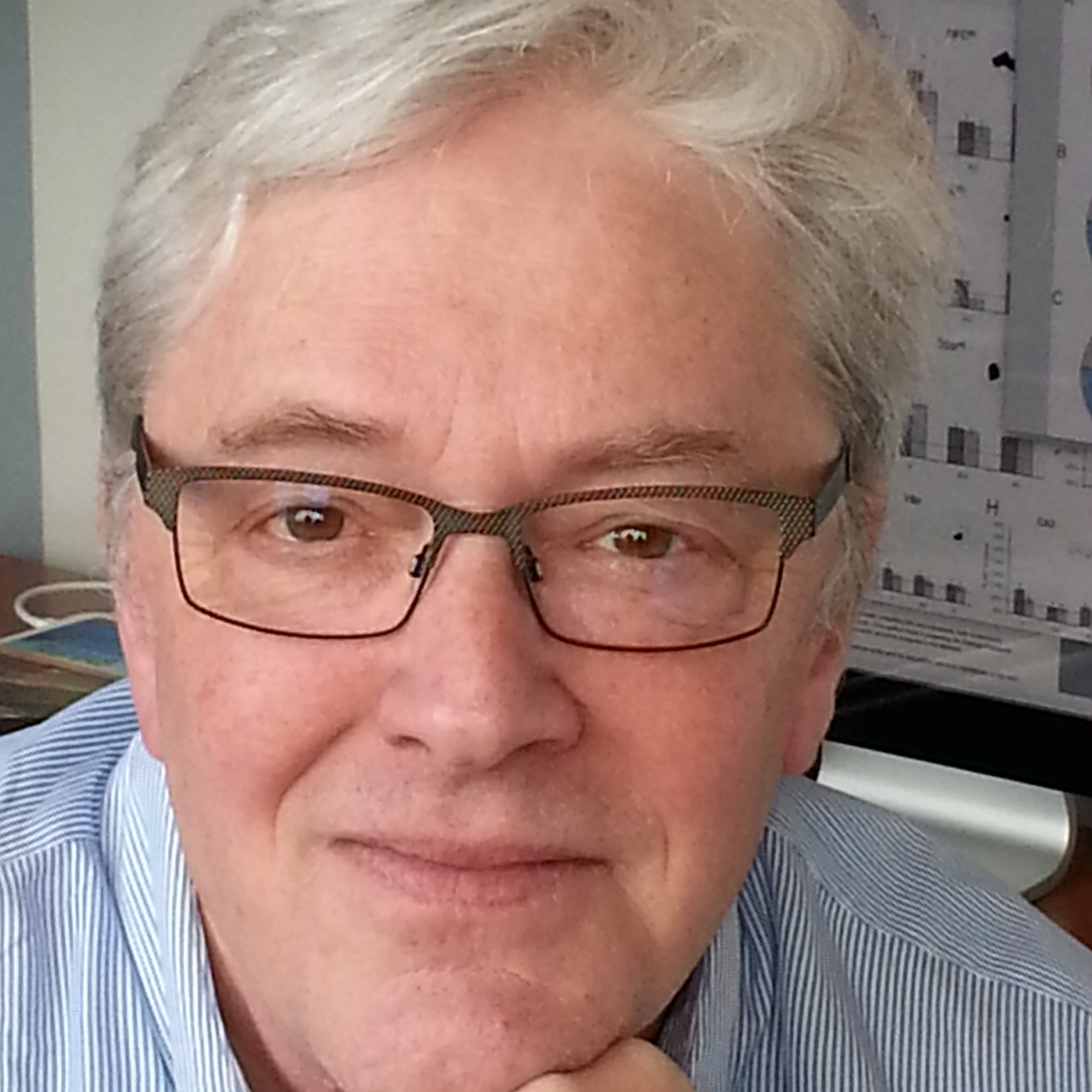Collaboratory on Research Definitions for Reserve and Resilience in Cognitive Aging and Dementia
INTRODUCTION
Welcome to Reserve and Resilience, your gateway to understanding the factors that enable successful aging. From genetics to life experiences, unraveling these elements is vital for enhancing individual wellbeing and shaping effective health education, policies, and interventions.
In the realm of cognitive aging and dementia, key concepts like reserve and resilience help explain why some brains age gracefully while others do not. However, inconsistent terminology has hindered progress in this field.
Various groups have proposed different definitions for terms such as cognitive reserve, brain reserve, brain maintenance, compensation, scaffolding, resistance, and resilience. These inconsistencies, especially with human-centric definitions, limit their applicability to nonhuman studies.
Research highlights that specific life exposures and genetic factors contribute to resilience, resulting in lower cognitive decline rates and reduced Alzheimer’s disease and related dementias (ADRD) risks. Understanding these factors is crucial for developing interventions and health policies.
The mechanisms behind these differences are complex, involving both structural and functional brain aspects. Terms like efficiency, capacity, and compensation further complicate the landscape due to varying definitions across researchers and the challenge of translating human-focused concepts to animal research. Thus, unifying definitions across basic neuroscience and human studies is essential.
Enter the Collaboratory on Research Definitions for Reserve and Resilience in Cognitive Aging and Dementia. Funded by the National Institute on Aging in 2019, this initiative aimed to create consensus definitions and research guidelines for cognitive reserve and related concepts. Over three years, through annual workshops, focused workgroups, and consultations with over 40 international experts, we developed a comprehensive framework to guide research in this field.
This framework includes well-defined operational definitions for cognitive reserve, brain maintenance, and brain reserve, with resilience as an overarching concept. These definitions standardize terminology, facilitating comparisons across studies and species. We encourage researchers to use these definitions as a reference, noting any differences from their own concepts to promote clearer communication and collaboration.
To demonstrate the practical utility of our guidelines, we sponsored 12 studies using diverse approaches, including epidemiologic, neuroimaging, and intervention studies, involving both humans and nonhumans. Descriptions and summaries of these pilot projects are available, providing real-world examples of how to apply our framework.
Our work continues with several new workgroups established during our latest conference in December 2023. Recordings of our events and details about these workgroups can be found on this website.
We believe that a common vocabulary and shared operational definitions will accelerate progress in understanding successful aging, ultimately benefiting both researchers and the populations they study. Join us in advancing this important field of study.
COLLABORATORY GOAL
The Collaboratory on Research Definitions for Reserve and Resilience in Cognitive Aging and Dementia has created a vibrant platform for exchanging ideas and developing a unified framework.
Our goal has been to reach a consensus within the research community on operational definitions, promoting a cohesive approach to studying age-related and disease-related cognitive decline.
The Collaboratory on Research Definitions for Reserve and Resilience in Cognitive Aging and Dementia’s Executive Committee

Yaakov Stern, PhD - CHAIR
Dr. Stern has provided some of the earliest epidemiologic evidence and developing the theory of cognitive reserve, differentiating it from other important concepts such as brain reserve and brain maintenance. His lab is involved in several ongoing, large scale imaging studies of cognition in normal aging, studies of heterogeneity of AD and epidemiologic studies of aging, AD incidence and progression.
Dr. Stern’s research approach includes classic neuropsychological and cognitive experimental techniques, with strong focus on functional imaging.

Marilyn Albert, PhD
Marilyn Albert, PhD, is Professor of Neurology and Director of the Division of Cognitive Neuroscience in the Department of the Neurology at the Johns Hopkins University School of Medicine. She is also the Director of the Johns Hopkins Alzheimer’s Disease Research Center.
Her research focuses on understanding the cognitive and brain changes in aging and neurodegenerative disorders such as AD. Dr. Albert’s research aims to identify the relationship between biomarkers based on imaging, cerebrospinal fluid, blood and genetics to cognitive changes and the early diagnosis of AD. Her research was the first to show the characteristic feature of delayed recall in AD.
Dr. Albert’s work on the examination of risk and protective factors in progression from normal cognition to mild cognitive impairment incorporates the important concept of cognitive reserve. More recently her work has combined longitudinal studies with biomarkers and cognitive test scores to characterize the progression across the AD continuum.

Carol Barnes, PhD
Carol Barnes, PhD, is Regents’ Professor of Psychology, Neurology and Neuroscience at the University of Arizona, and the Evelyn F. McKnight Chair for Learning and Memory in Aging. She is also the Director of the Evelyn F. McKnight Brain Institute and the Division of Neural Systems, Memory and Aging at UA.
Dr. Barnes is an elected Fellow of the American Association for the Advancement of Science and a member of the National Academy of Sciences. Dr. Barnes is known for her pioneering work in animal models of brain aging and cognition, and the development of the novel “Barnes maze”. Her research aims to understand the neurobiological mechanisms that underly memory change in normal aging and individual differences in cognitive trajectories that occurs in aging.
Dr. Barnes’ seminal work in 1980 on synaptic transmission in the hippocampus of aging animals first demonstrated the concept of compensation in aging brain. Over the course of her research career, she has developed a number of methods for high density electrophysiological recording of behavior-driven single cell activity and molecular activity monitoring across the brain. Her lab uses behavioral, electrophysiological and molecular approaches to identify factors that would benefit from specific treatment or prevention approaches for optimizing memory across the lifespan.

Roberto Cabeza, PhD
Roberto Cabeza, PhD, is Professor at the Department of Psychology of Neuroscience of Duke University, where he is also Core Member of the Center for Cognitive Neuroscience and Senior Fellow of the Center for Aging and Human Development.
Dr. Cabeza has over 20 years of experience in neuroimaging of episodic memory and aging. His laboratory uses functional MRI (fMRI), diffusion tensor imaging (DTI), electro-encephalography (EEG), and transcranial magnetic stimulation (TMS). Using these various techniques, his laboratory investigates compensatory mechanisms in the aging brain, including the phenomena that older adults tend to show more bilateral and more frontal activation patterns than younger adults. Dr. Cabeza and his students also examine age-related deficits in white-matter and their impact on functional brain activity and connectivity. They also study the effects of aging on the neural mechanisms of memory processes, including recollection, source memory, false memory, emotional memory, and autobiographical memory.
Currently, Dr. Cabeza’s laboratory is using sophisticated network and representational analyses to examine age effects on cognitive abilities, including decision making, and examining the use of cognitive training and TMS to enhance cognition in older adults. Dr. Cabeza’s work has direct implications for understanding individual differences in cognitive abilities among older adults, including those related to pathological processes such as Alzheimer’s Disease

Alvaro Pascual-Leone, MD, PhD
Alvaro Pascual-Leone, MD, PhD, is a Professor of Neurology at Harvard Medical School, and a Senior Scientist at the Hinda and Arthur Marcus Institute for Aging Research and Medical Director of the Center for Memory Health at Hebrew SeniorLife (HSL) in Boston, MA. He also serves as the Director of the Guttmann Brain Health Institute and the Scientific Director of the Barcelona Brain Health Initiative in Barcelona, Spain.
Dr. Pascual–Leone is an international leader in the study and modulation of human cortical plasticity and a pioneer in the use of noninvasive brain stimulation methods and their application for the study of brain behavior relations and the development of diagnostic and therapeutic interventions in neuropsychiatry. His work has contributed to the technological improvement, clinical application, and teaching of noninvasive brain stimulation technologies, including Transcranial Magnetic Stimulation (TMS) and transcranial Electric Stimulation (tES).
Dr. Pascual-Leone is also a listed inventor in multiple patents regarding the integration of various brain imaging and neurophysiologic techniques, engineering solutions to enable closed-loop, EEG-gated stimulation, as well as new brain stimulation methods and techniques, such as Temporal Interference Stimulation (TIS) that allow precise and selective noninvasive stimulation of deep brain structures. A major current focus of Dr. Pascual-Leone’s scientific work is the development of translational approaches to characterize and promote brain health across the lifespan. Dr. Pascual-Leone remains a practicing cognitive neurologist and dementia specialist with a focus on comprehensive, patient-centered, personalized care and multi-disciplinary, holistic support of individuals with cognitive decline, their families and caregivers.

Peter Rapp, PhD
Peter Rapp, PhD, is Chief of the Neurocognitive Aging Section and Senior Investigator in the Laboratory of Behavioral Neuroscience at the National Institute on Aging (NIA) Intramural Research Program. His research centers on the cognitive and neurobiological effects of aging in preclinical animal models including rats and monkeys.
Dr. Rapp is well known for establishing a widely used rat model of cognitive aging and advancing a non-human primate model of cognitive aging. In the preclinical animal models, Dr. Rapp’s research recognized that neuron death is neither a consequence of aging, nor required for the age-related cognitive impairment and therefore the relative changes in cognitive aging is subtle rather than dramatic neuron loss.
Advancing his research, Dr. Rapp has active collaborations which have identified key neurobiological signatures of age-related cognitive impairments. His body of work suggests that successful healthy cognitive aging arises from a process of neuroadaptation that could lead to interventions towards effective aging.










































